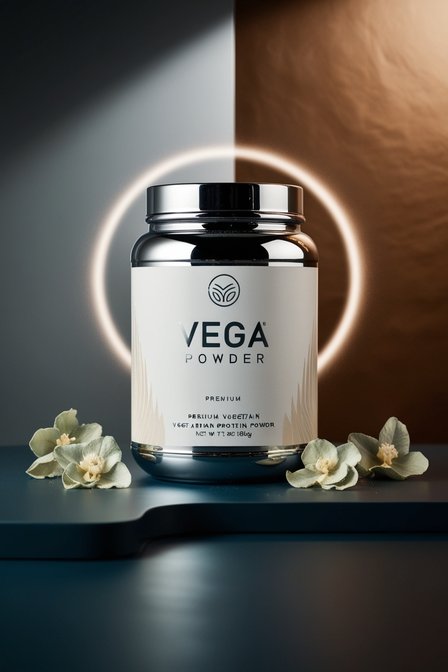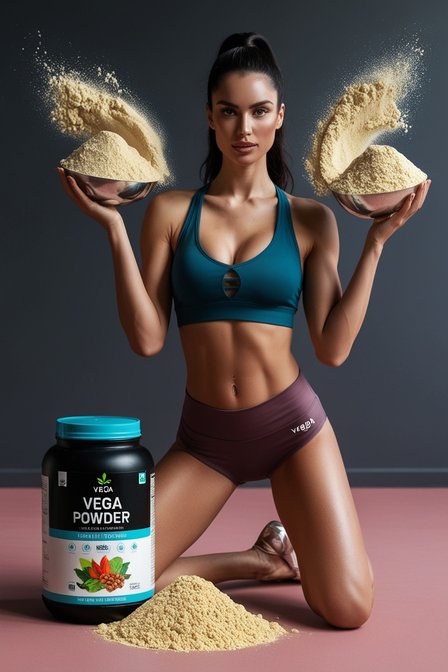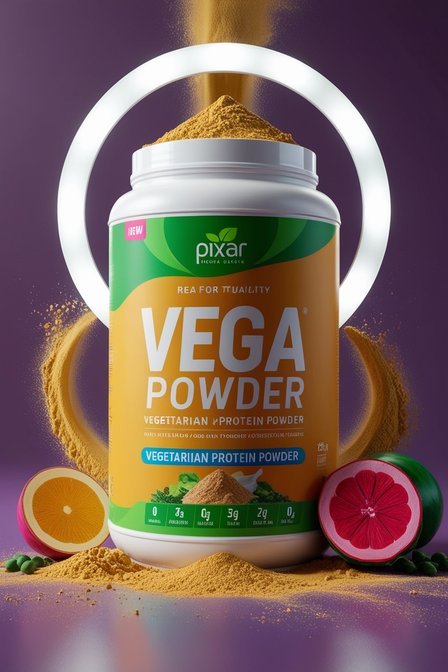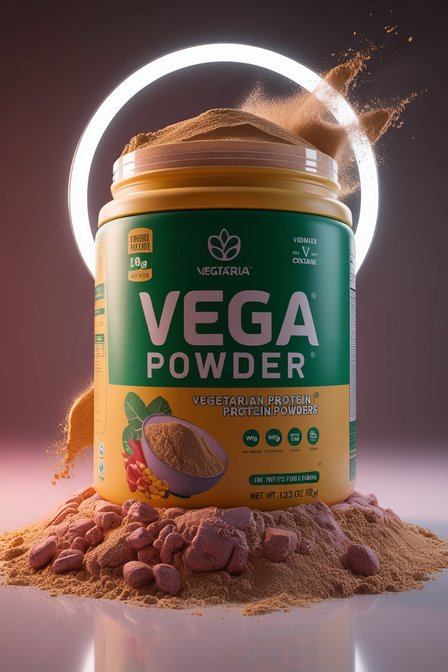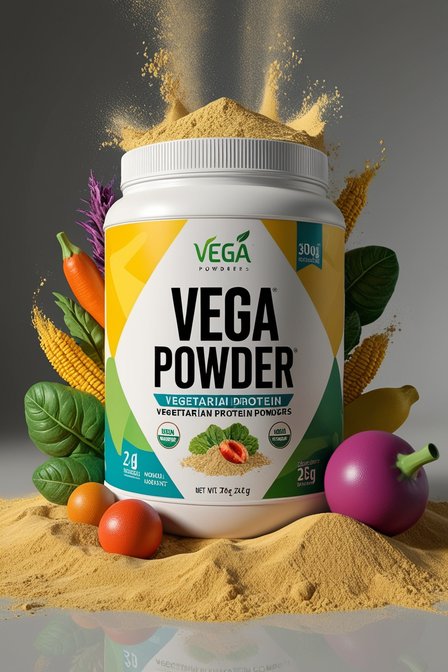Is Protein Powder Vegan?
Protein powders are widely popular among athletes, fitness enthusiasts, and health-conscious individuals looking to enhance their protein intake. However, for those following a vegan diet, the question arises: is protein powder vegan? The answer is multifaceted, depending on the source of the protein and the manufacturing process. This article delves into the different types of protein powders, their vegan status, and considerations for choosing the right one.
Types of Protein Powders
Protein powders come in various forms, each derived from different sources. The most common types include whey, casein, soy, pea, rice, hemp, and a blend of plant-based proteins. Understanding the source of the protein is crucial to determining whether it aligns with a vegan diet.
Whey and Casein Protein
Whey and casein are two of the most popular types of protein powders, particularly in the bodybuilding community. Both are derived from milk, making them non-vegan. Whey protein is a by-product of cheese production, while casein is the primary protein found in milk. Since both originate from animal sources, they are not suitable for vegans.
Plant-Based Protein Powders
For those adhering to a vegan diet, plant-based protein powders are the go-to option. These powders are derived from various plant sources, ensuring they are free from animal products. Some of the most common plant-based protein powders include:
Soy Protein
Soy protein is one of the most popular vegan protein powders, derived from soybeans. It is a complete protein, meaning it contains all nine essential amino acids required by the human body. Soy protein is known for its high digestibility and is a common choice among vegans and vegetarians.
Pea Protein
Pea protein is another popular vegan option, extracted from yellow split peas. It is rich in essential amino acids, particularly lysine, and has a high digestibility rate. Pea protein is often favored for its smooth texture and mild taste, making it easy to incorporate into various recipes.
Rice Protein
Rice protein powder is derived from brown rice and is known for its hypoallergenic properties, making it suitable for individuals with food sensitivities. While it is not a complete protein on its own, it is often combined with other plant-based proteins, such as pea protein, to create a well-rounded amino acid profile.
Hemp Protein
Hemp protein is made from hemp seeds and is valued for its high fiber content and omega-3 fatty acids. It is a complete protein, providing all essential amino acids. Hemp protein has a slightly earthy taste and is often used in smoothies and baked goods.
Mixed Plant Protein
Many vegan protein powders on the market are blends of various plant-based proteins, such as pea, rice, hemp, chia, and quinoa. These blends are formulated to provide a complete amino acid profile and enhance the overall nutritional value of the protein powder.
Vegan Certification and Ingredient Transparency
When choosing a protein powder, it is essential to look for products that are certified vegan. Certification from reputable organizations ensures that the product is free from animal-derived ingredients and has not been tested on animals. Additionally, checking the ingredient list for any hidden animal products, such as gelatin or dairy-based additives, is crucial for maintaining a vegan diet.
Potential Benefits of Vegan Protein Powders
Vegan protein powders offer several benefits beyond their plant-based origins. They are typically lower in calories and fat compared to animal-based protein powders, making them a healthier option for those looking to manage their weight. Plant-based proteins also contain fiber, which aids in digestion and promotes a feeling of fullness.
Furthermore, vegan protein powders are often free from common allergens such as lactose, making them suitable for individuals with lactose intolerance or dairy allergies. The inclusion of antioxidants, vitamins, and minerals from plant sources can also contribute to overall health and well-being.
Considerations for Choosing the Right Vegan Protein Powder
When selecting a vegan protein powder, several factors should be considered to ensure it meets individual dietary needs and preferences. These factors include:
Protein Content
The protein content per serving can vary significantly between different vegan protein powders. It is essential to choose a product that provides an adequate amount of protein to support your fitness and dietary goals. Generally, a protein powder with at least 15-25 grams of protein per serving is recommended.
Amino Acid Profile
As mentioned earlier, not all plant-based proteins are complete proteins. Opting for a blend of plant proteins can help ensure a more balanced amino acid profile. Some products may also include added amino acids to enhance their nutritional value.
Taste and Texture
The taste and texture of vegan protein powders can vary widely. Some may have a gritty or earthy taste, while others are smooth and neutral. Trying different brands and flavors can help you find one that suits your palate. Reading reviews and seeking recommendations can also provide insights into the taste and texture of various products.
Ingredients and Additives
Checking the ingredient list for any unnecessary additives, artificial sweeteners, or preservatives is crucial. Opting for protein powders with minimal, natural ingredients can help avoid potential allergens and unwanted chemicals. Additionally, some vegan protein powders are fortified with vitamins and minerals, providing added nutritional benefits.
Price and Quality
The price of vegan protein powders can vary, with some premium brands costing significantly more. However, higher price does not always equate to better quality. Comparing different products based on their ingredient quality, protein content, and customer reviews can help you find a high-quality option within your budget.
Potential Downsides of Vegan Protein Powders
While vegan protein powders offer numerous benefits, there are also potential downsides to consider. Some individuals may experience digestive issues, such as bloating or gas, when consuming certain plant-based proteins. This is often due to the high fiber content or specific plant compounds.
Additionally, the bioavailability of plant-based proteins can be lower compared to animal-based proteins, meaning the body may not absorb and utilize the protein as efficiently. This can be mitigated by consuming a varied diet that includes multiple sources of plant proteins.
Conclusion
In conclusion, not all protein powders are vegan, but there is a wide range of plant-based options available that cater to vegan dietary preferences. Soy, pea, rice, hemp, and mixed plant protein powders provide excellent alternatives to animal-derived proteins, offering complete amino acid profiles and numerous health benefits. When choosing a vegan protein powder, it is essential to consider factors such as protein content, amino acid profile, taste, texture, ingredients, and quality to find the best product for your needs.
By being mindful of these considerations, individuals can incorporate vegan protein powders into their diets to support their fitness goals and overall health while adhering to a plant-based lifestyle.
